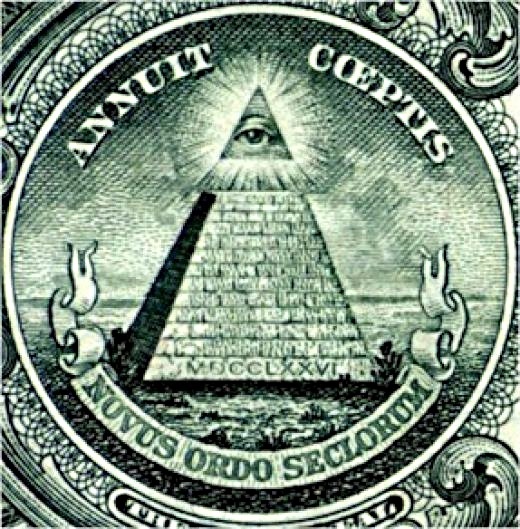“We must not let our rulers load us with perpetual debt. We must make our selection between economy and liberty or profusion and servitude. . . . This is the tendency of all human governments. A departure from principle becomes a precedent for a second; that second for a third; and so on, till the bulk of society is reduced to mere automatons of misery, to have no sensibilities left but for sinning and suffering . . . . And the fore horse of this frightful team is public debt. Taxation follows that, and in its train wretchedness and oppression.”
– Thomas Jefferson, 1816
So Congress and the President reach a deal on the debt, and no one is particularly happy with it. While the nation has averted the looming default, plenty of economic uncertainty remains. How will we find a long term fix to the nation’s massive spending? What will become of the entitlement programs such as Medicare, Medicaid, and Social Security? Defense spending? Perhaps the Founding Fathers have some guidance:
nation has averted the looming default, plenty of economic uncertainty remains. How will we find a long term fix to the nation’s massive spending? What will become of the entitlement programs such as Medicare, Medicaid, and Social Security? Defense spending? Perhaps the Founding Fathers have some guidance:
Following the Revolutionary War, the fledgling United States was in dire economic straights. During the 1780′s, the fragile nation was not only deeply indebted to her French allies for their monetary wartime assistance but also owed vast sums to her own American patriots who had sacrificed so much in service to the war effort. The debt had been essential in keeping the Washington and his army fighting. But after they won, the payments and interest threatened to crush America.
Thomas Jefferson saw “public debt as the greatest of dangers to be feared.” He warned America, ”We must not let our rulers load us with perpetual debt. We must make our selection between economy and liberty or profusion and servitude . . . .” He saw debt as the first step, to be followed by higher taxes and oppression. Many of our founding fathers agreed.
Some wanted to simply repudiate the debt. But while many did not mind sticking it to the French, such a default would severely harm those veterans to which vast sums were owed. Washington had already made up his mind on this issue.
Washington saw it as imperative that the country pay down its debt – and do it quickly. He approached the issue as one of honor, urging the government to follow “the same good faith we suppose ourselves bound to perform our private engagements.” He implored, “No pecuniary consideration is more urgent, than the regular redemption and discharge of the public debt.”
Perhaps we should listen.
